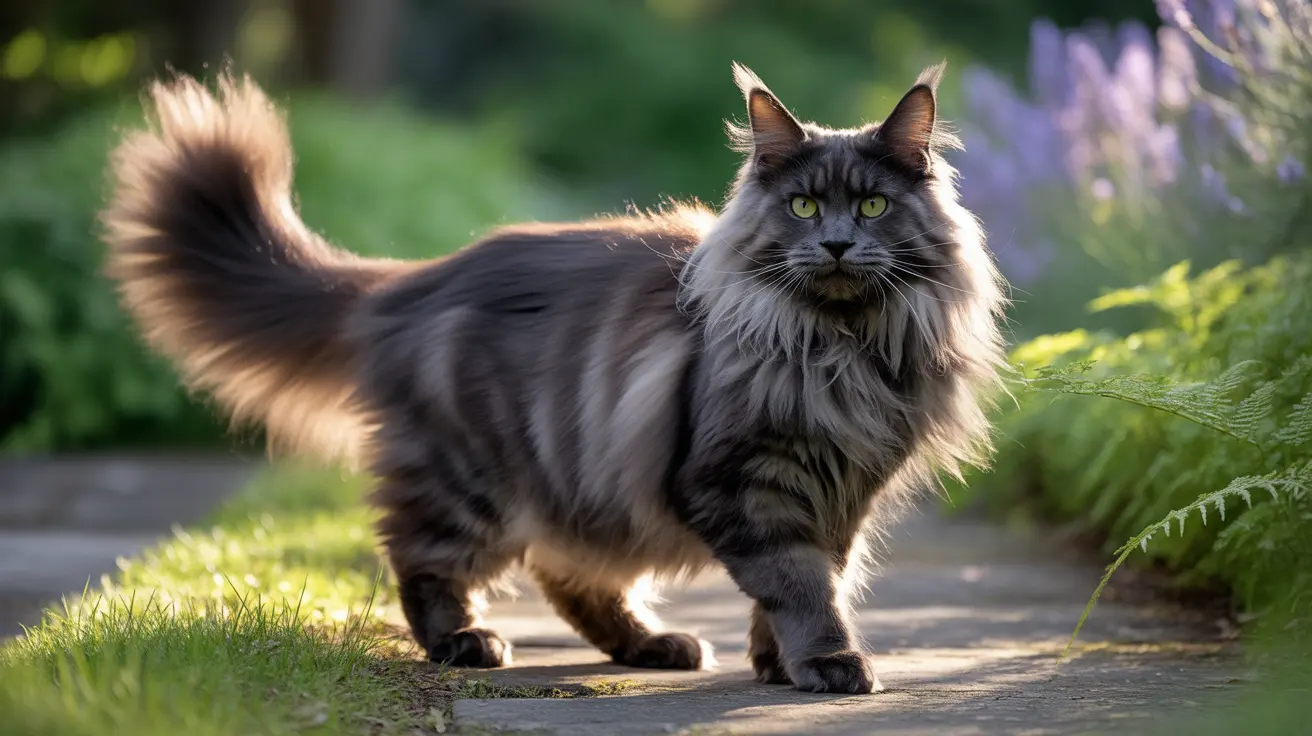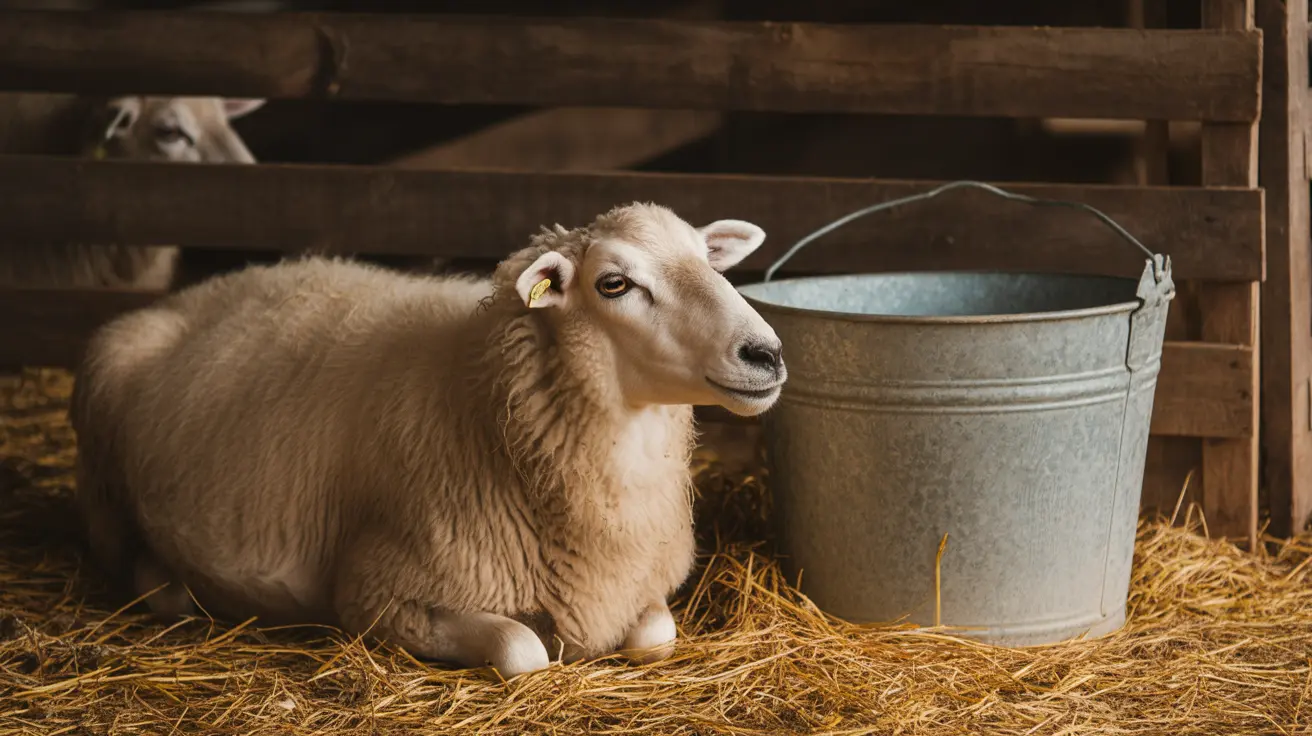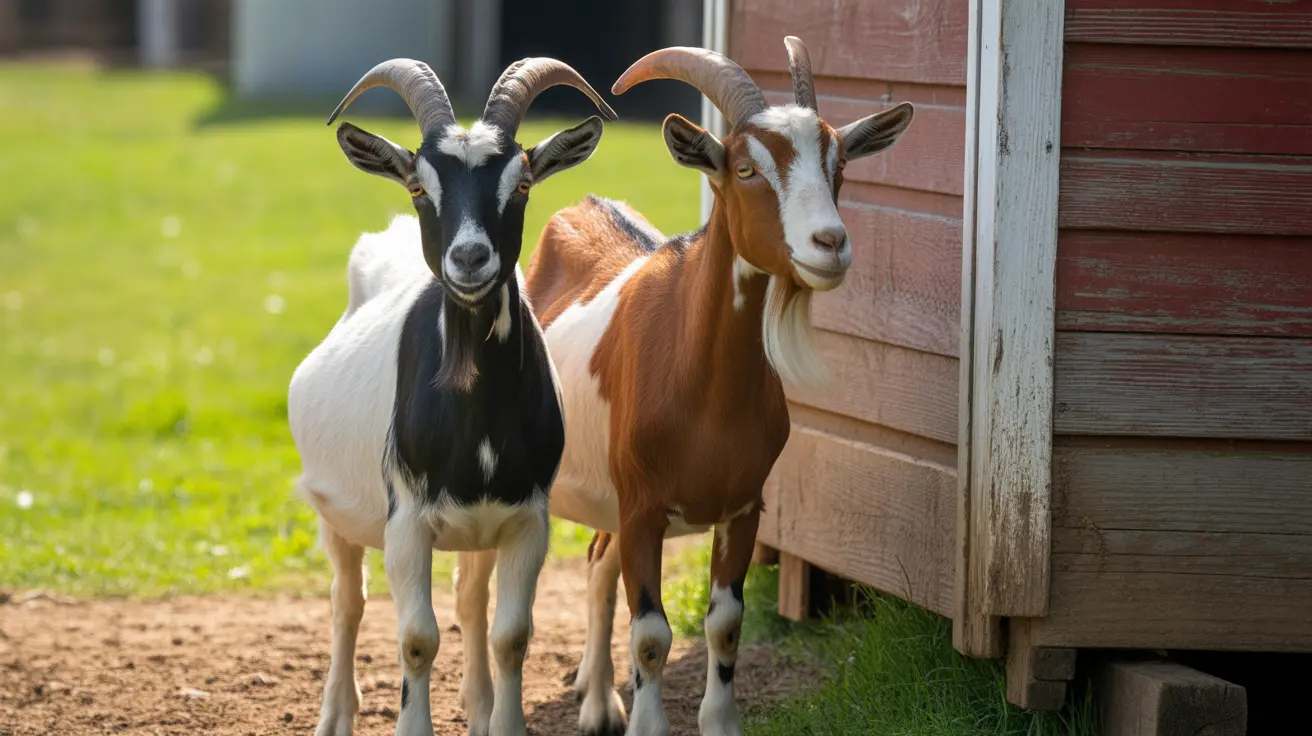The sight of a black cat crossing your path has captivated human imagination for millennia, sparking both fear and fascination across cultures worldwide. This mysterious encounter carries vastly different meanings depending on where and when you experience it, ranging from promises of prosperity to warnings of impending doom.
From ancient Egyptian reverence to medieval European fear, the symbolism of a black cat crossing your path has evolved dramatically throughout history. Today, these elegant creatures continue to inspire both superstition and admiration, making them one of the most culturally significant animals in human folklore.
The Ancient Origins of Black Cat Symbolism
In ancient Egypt, black cats were far from harbingers of misfortune. These sleek felines were worshipped as divine creatures, closely associated with the goddess Bastet. The death of a household cat would send entire families into mourning, and harming a cat was considered a capital offense, often punishable by death.
The Romans and Greeks similarly respected cats, viewing them as companions to their deities. Black cats, in particular, were connected to goddesses of the hunt and magic, though without the negative connotations that would develop later.
The Medieval Transformation: From Sacred to Feared
The dramatic shift in black cat symbolism occurred during the Middle Ages in Europe. As Christianity spread and fought against pagan beliefs, black cats became associated with witchcraft and dark magic. The belief that a black cat crossing your path brought bad luck gained significant traction during this period.
This superstition became so powerful that it led to widespread persecution of both black cats and their owners. Tragically, the mass killing of cats during this period may have contributed to the spread of the Bubonic Plague, as fewer cats meant more disease-carrying rats.
Cultural Variations in Black Cat Superstitions
Different cultures maintain strikingly different interpretations of a black cat crossing your path:
- In Japan, black cats are considered protective spirits and bearers of good fortune
- Scottish folklore views black cats as harbingers of prosperity
- German traditions suggest the direction of crossing matters: left to right brings luck, right to left signals danger
- In British sailor communities, black cats were welcomed aboard ships as guarantors of safe passage
Modern Interpretations and Scientific Understanding
Today's perspective on black cats crossing paths tends to be more nuanced. Many modern spiritual practitioners interpret such encounters as signs of transformation or pending change rather than outright good or bad luck. Some see it as a reminder to pay attention to our intuition or to be more mindful of our surroundings.
Scientific studies have shown that black cats are genetically no different from cats of other colors, and their behavior patterns are identical to those of their differently colored counterparts. The persistence of superstitions about them speaks more to human psychology than feline nature.
Frequently Asked Questions
What does it mean if a black cat crosses your path in different cultures?
In Egypt and Japan, it's considered good luck, while some Western cultures view it as bad luck. British and Scottish traditions generally see it as a positive omen, particularly for prosperity and marriage.
Why are black cats considered bad luck in some places but good luck in others?
This variance stems from different historical and religious influences. Medieval European witch hunts created negative associations, while ancient Egyptian and Asian cultures maintained positive views based on their spiritual beliefs.
How did black cats become associated with witches and superstition in history?
During the Middle Ages, black cats were believed to be witches' familiars or transformed witches themselves. This association strengthened during the witch trials of Europe and colonial America.
Does the direction a black cat crosses your path affect whether it brings good or bad luck?
In some traditions, particularly German folklore, the direction matters. A cat crossing left to right is considered lucky, while right to left may signal misfortune.
What are modern beliefs about black cat crossings and how can I interpret them positively?
Modern interpretations often focus on personal growth and transformation. A black cat crossing your path can be seen as a sign to trust your intuition, embrace change, or expect positive developments in your life.
Understanding these varied interpretations helps us appreciate how cultural beliefs shape our perceptions and reminds us that superstitions often say more about human nature than they do about the animals themselves.






